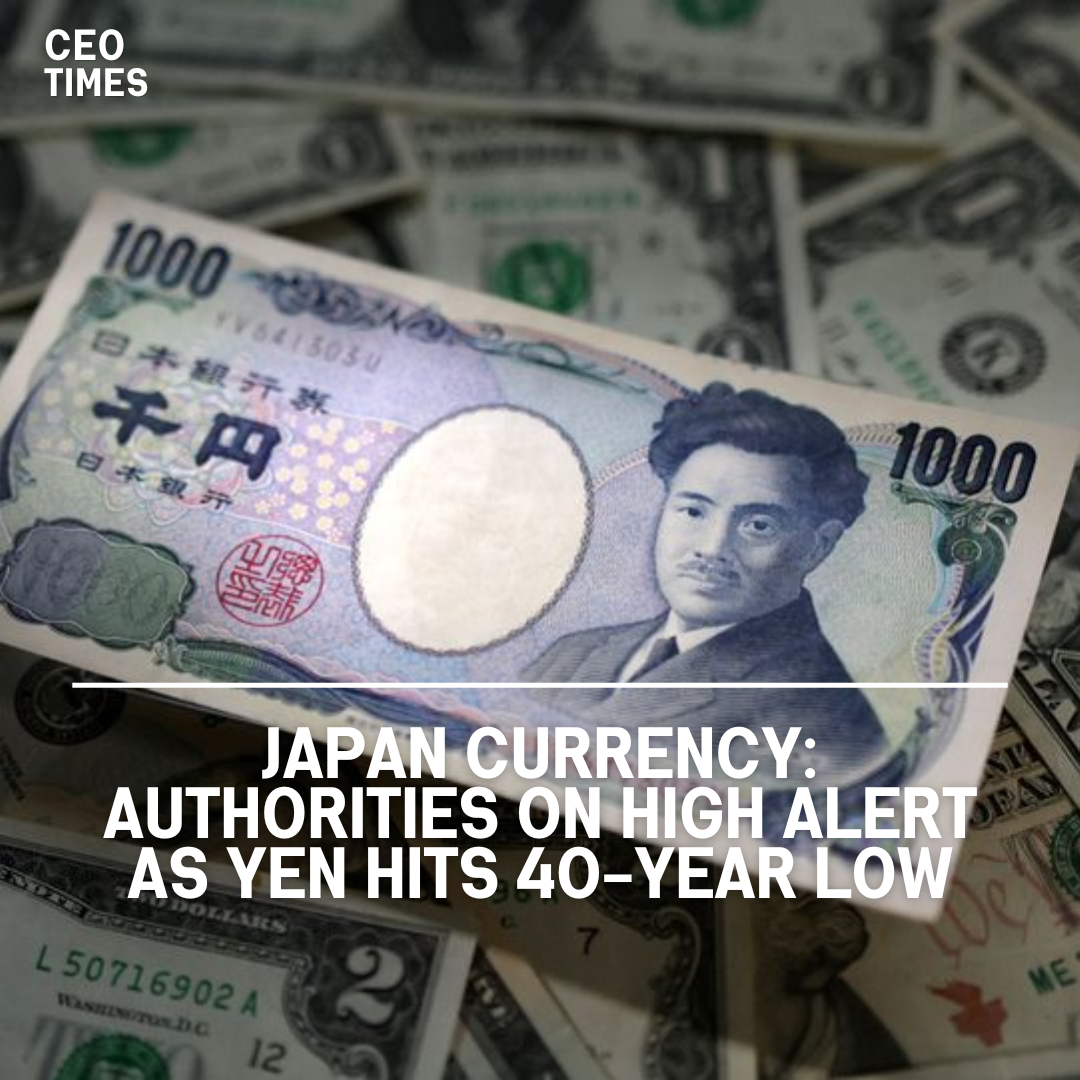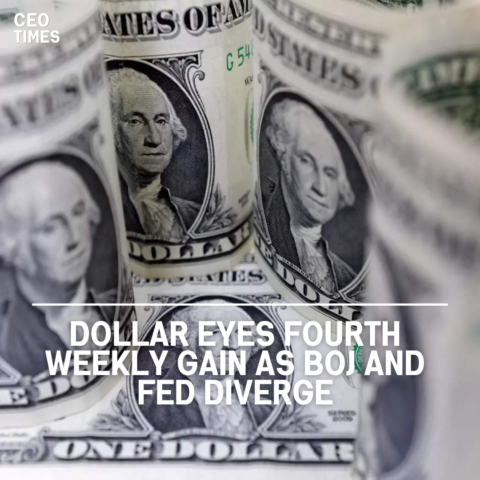Japan Currency: Japanese authorities are “seriously concerned and on high alert” about the yen’s rapid decline, stated Masato Kanda, the country’s top currency diplomat. This escalation in warnings comes as the yen languishes at its weakest level in nearly 40 years.
Speculation and Market Dynamics:
Masato Kanda, vice finance minister for international affairs, remarked on Wednesday that the current weakness in the yen is widely believed to be driven by speculators, as it is “not necessarily justified.”
The yen’s weakness has been a significant challenge for Japanese policymakers. It has increased the cost of imported raw materials, driven up inflation, and negatively impacted consumption.
Currency Movements and Intervention Signals on Japan Currency:
Kanda highlighted the recent rapid and “definitely one-sided” movements in the currency market, departing from his recent stance of avoiding comments on ongoing market situations. “We have been preparing to act against excessive volatility,” he said, indicating readiness for another intervention to support the yen.
Despite Kanda’s warnings, the yen continued to decline, reaching 160.50 per dollar, the weakest level in about 38 years. The market perceives 160 yen to the dollar as a critical threshold for authorities, although Kanda and other officials have repeatedly stated they have no specific levels in mind for intervention.
Past Interventions and Current Market Conditions:
Japan previously spent 9.8 trillion yen ($61.6 billion) intervening in the foreign exchange market in April and May, following the yen’s 34-year low of 160.245 per dollar on April 29.
However, these measures did not reverse the yen’s weakness, as the delay in U.S. Federal Reserve interest rate cuts has maintained the significant U.S.-Japan interest rate differential.
Bank of Japan’s Monetary Policy Signals:
Meanwhile, the Bank of Japan (BOJ) hints that its July quantitative tightening (QT) plan might be more extensive than market expectations. The BOJ could even accompany this with an interest rate hike, signaling a gradual retreat from its substantial monetary stimulus.




















